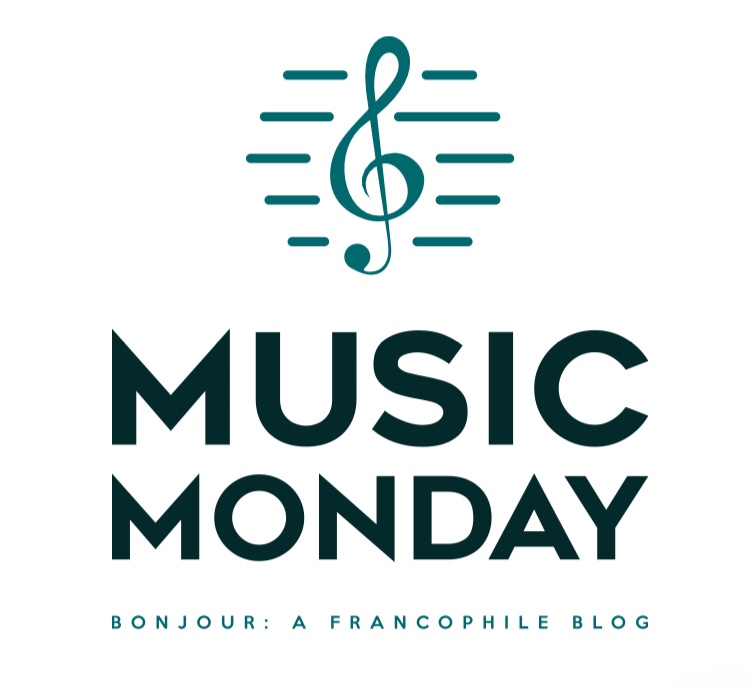Now playing on my French song playlist:
Title: Accroche un ruban
Songwriters: Irwin Levine, Lawrence Brown Russell; Jean Broussolle (French lyrics)
Performed by: Sacha Distel
Lyrics I like:
Accroche un ruban au bord de ton balcon
Ce sera ta façon de dire oui ou non
Et s’il n’y a pas de ruban au bord du balcon
Moi dans mon taxi, j’aurai vite compris
Que tout est fini…
S’il n’y a pas de ruban au bord de ton balcon…
Translation:
Hang a ribbon on the edge of your balcony
It’ll be your way of saying yes or no
And if there is no ribbon at the edge of the balcony
Me in my taxi, I will quickly understand
It’s all over
If there is no ribbon at the edge of your balcony
🎶
music & lyrics | all rights reserved
In May 1973, “Tie a Yellow Ribbon Round the Ole Oak Tree” by Tony Orlando and Dawn was the number one song in the United States according to Billboard, the music chart that ranks songs based on sales and radio airplay. I’ve literally heard this song my whole life: the song turned 50 years old this month (just like me)! Being a Francophile, I had to find out if there was a French version. Lo and behold, there is one!
In listening to the two versions, I’ve noticed a couple of things. First, in the original version, the narrator requests a ribbon in a bright color (yellow) so it would be easily visible to him as he drives up to his beloved’s house. In the French version, we don’t know the color of the ribbon.
Perhaps it’s the incredible foresight of Jean Broussolle, who provided the French lyrics, or sheer luck, but by not specifying a color for the ribbon, the French version avoids any political connotation. After all, the yellow ribbon would become a symbol to honor missing people or to support troops who were away, missing, or held hostage. Today, the yellow ribbon is also a symbol of suicide prevention awareness in several countries, including the United States, Canada, and the United Kingdom.
The second thing I’ve noticed is the cultural differences. In the French version, the narrator is the sole passenger in a taxi which presents the individualistic culture. This is the opposite of the original version in which the narrator sings, “the whole d—– bus is cheering” which indicates a more collectivist culture.
Overall, I simply can’t resist the upbeat melody and harmonies in both versions. I hope you enjoy this week’s featured song!

Until next Music Monday, have a good week ahead.


What an interesting commentary on the French cover of this American tune! It’s surprising that it’s not a word-by-word translation of the original song, as the French version is more obscure when it comes to identifying the color of the “ruban!” Perhaps it was done for an apolitical purpose, but otherwise, it’s a classic to enjoy!
LikeLiked by 1 person
Thank you, Rebecca! I know what you mean – I think « un ruban jaune » would’ve worked, too! 😀 It’s clever how the “round the ole oak tree/do you still want me” rhyme scheme became « au bord du balcon/de dire oui ou non » because it evokes images of elegant Parisian balconies, too!
LikeLiked by 1 person
Such an interesting blog post, comparing the French lyrics with the English! I must confess that I dislike this song, both in French and English. Je m”excuse! 😉
LikeLiked by 1 person
Thank you, June! Not a fan of the song? It’s all good – all views are welcome! 😀
LikeLiked by 1 person
😉
LikeLike